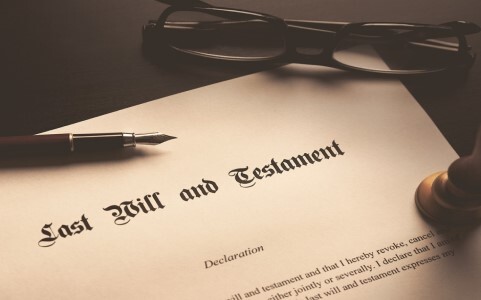Choosing Your Executor
An executor should be someone you believe to be:
- willing to act and who is of an age and lives in a location that will enable them to carry out the role effectively and efficiently.
- trustworthy, highly organised, and with a level of business acumen suited to the degree necessary for the administration of the estate.
- able to foster family harmony, maintain good relations with beneficiaries and facilitate resolution of issues that are in dispute; and
- capable of carrying out the fundamental obligations of an executor to comply with the will and the law governing the role.
It is generally a good idea to approach your proposed executors before the will is drafted so that they can understand the extent of the role and let you know if they are willing to accept the appointment.
Several people may be appointed to the role of executor and can be required to act jointly, or as a substitute executor if a person is unwilling or unable to act. An executor will not be required to accept your nomination and can choose to renounce their position. That is why it is crucial to appoint someone you believe will be willing and able to administer your estate.
Some of the duties an executor will need to fulfill includes the following.
- acting in the best interests of the beneficiaries while avoiding any conflicts of personal interests;
- exercising care and diligence;
- protecting (with insurance) your assets and obtaining valuations for assets;
- where appropriate, applying to the Supreme Court for a grant of probate;
- contacting the beneficiaries of your estate to advise of their entitlements;
- maintaining and collecting your assets;
- paying any debts and liabilities, and maintaining an accurate record of the estate accounts;
- maintaining a statement of assets and liabilities and providing it to beneficiaries on request;
- distributing estate assets in accordance with the Will or, in the case of ongoing testamentary trusts, managing the estate assets;
- defending the estate where litigation is commenced against the estate;
- obtaining advice and attending to any tax matter of your estate; and
- distributing the estate to the beneficiaries on completion of the estate administration.
Administering an estate is not always straightforward, and an executor can be held personally liable if they get it wrong. You should appoint someone you trust to fulfill not only your wishes but will be able to fulfill their role and duties as executor to the best of their abilities.
We would like to thank Collin, Biggers and Paisley for their permission to reproduce this article.
For further discussion or clarification, please contact:
Katie Walters
Senior Client Manager
Magnus Business Advisers and Accountants
(07) 3102 2856







